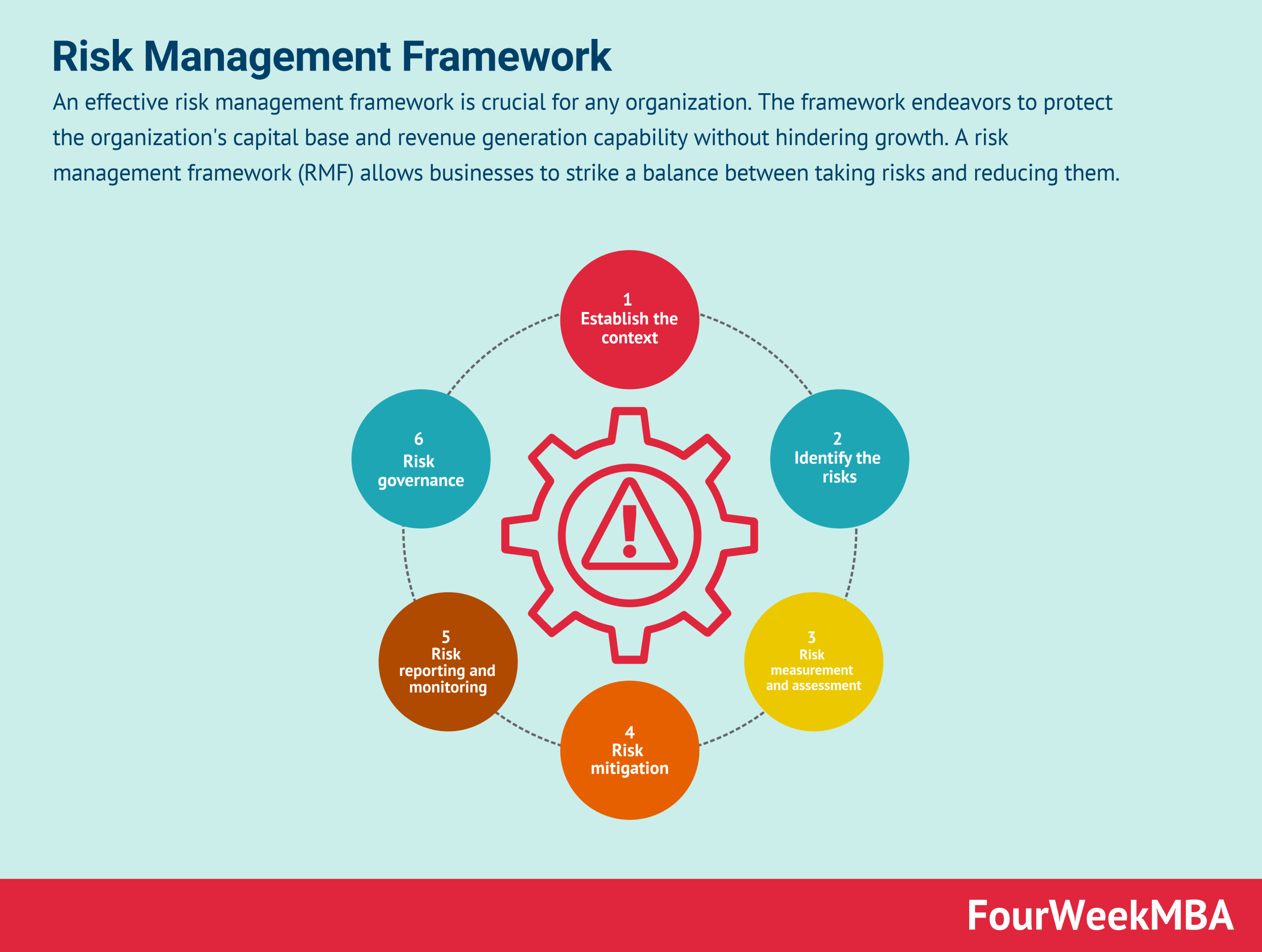In today’s competitive business landscape, it is crucial for business owners to implement effective risk management strategies to protect their assets and ensure the long-term success of their companies. By proactively identifying and addressing potential risks, business owners can minimize the impact of unforeseen events and safeguard their operations.
Identifying Risks
The first step in effective risk management is to identify potential risks that may affect your business. This involves conducting a thorough analysis of your business operations, including financial, operational, and strategic aspects. Common risks that businesses may face include market volatility, financial instability, regulatory changes, cybersecurity threats, and natural disasters.
Assessing Risks
Once you have identified potential risks, the next step is to assess the likelihood and impact of each risk on your business. This involves quantifying the potential costs and benefits of each risk, as well as evaluating the effectiveness of existing risk mitigation strategies. By prioritizing risks based on their likelihood and impact, business owners can focus their resources on addressing the most critical threats.
Developing Risk Management Strategies
After assessing the risks, business owners should develop tailored risk management strategies to mitigate the impact of potential threats. This may involve implementing insurance policies, creating contingency plans, establishing internal controls, and diversifying business operations. By proactively addressing risks, business owners can minimize the impact of unforeseen events and protect their assets.
Monitoring and Reviewing Risks
Risk management is an ongoing process that requires regular monitoring and review to ensure the effectiveness of implemented strategies. Business owners should regularly review their risk management policies and procedures, update risk assessments, and adjust mitigation strategies as needed. By staying vigilant and proactive, business owners can adapt to changing market conditions and emerging risks.
Benefits of Effective Risk Management
Implementing effective risk management strategies offers numerous benefits for business owners, including:
Protecting assets and investments
Minimizing financial losses
Enhancing business resilience
Improving decision-making and planning
Gaining a competitive edge in the market
Conclusion
In conclusion, risk management is a critical process for business owners to protect their assets and ensure the long-term success of their companies. By identifying, assessing, developing, and monitoring risks, business owners can proactively address potential threats and minimize their impact on operations. Implementing effective risk management strategies can provide numerous benefits and give business owners a competitive edge in today’s dynamic business environment.


